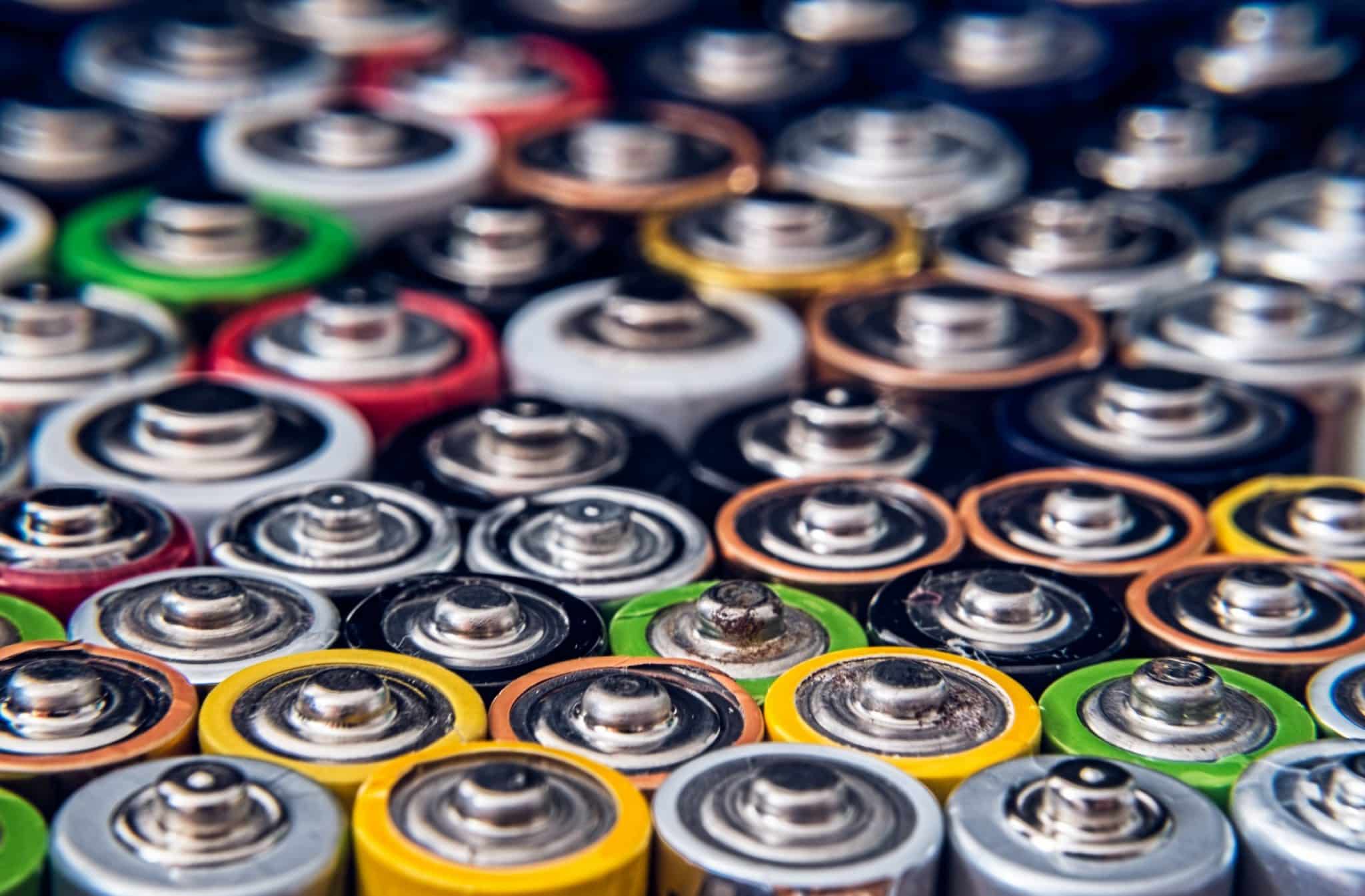This article takes a look at lead, which is a very dense metal and offers the reader information about the importance of lead recycling.
We all know what lead is and that it can be harmful to your health; the older you are, the more involvement you would have had with this soft and heavy metal. Lead is still used for many applications, as it is soft and malleable, making it ideal for roof flashing. Lead is very easy to extract from ore and we discovered lead in prehistoric times and in the Industrial Revolution, the demand for lead surged.
Vehicle Batteries
The modern demand for lead is largely for lead acid batteries, of which there are millions and the good news is that the recycling industry has raised the bar as far as lead recycling goes. All of the lead in a car battery is reused and this reduces the need for mining lead from ore; the government is committed to increasing the tonnage of lead that is recycled, which means they can reduce the amount of imported lead. When you next have your battery changed, the new one is reincarnating, as the lead to make it was recycled from old batteries and the cycle continues until we find better ways to store power. There are other industrial uses of lead, roof flashing, for example, while the fishing and marine industries have a need for lead.
Scrap Metal Dealers

It is easy enough to find scrap lead Sydney price per kg. by searching on the Internet and if you are in the process of replacing your roof, the old flashing will be worth a fair bit. One of the best sources of scrap lead is the car battery supplier, who has lots of old batteries that were removed from customer cars when fitting a new unit. A car battery store would have a standing agreement with a local scrap metal dealer and a call is all it takes to have him pop round with his scales; a busy store would end up with a high number of old batteries, which are classed as hazardous material. Not all scrap metal dealers will accept car batteries; you should check on their website first.
The Goal Of Reducing Natural Resource Mining
There is a global push by all governments to reduce the amount of natural resources we extract from the ground and recycling is an integral part of that goal. The more we recycle, the less we need to take from Mother Nature, which is a goal worth pursuing. To give you some idea of our progress, in the 1970s, around 25% of scrap was recycled; today, that number is close to 90%, which is due to new technology that enables more efficient recycling.
Health Hazard
It wasn’t until the 19th century that we realised lead was toxic and before long, lead-paint was banned and the use of lead more controlled. You should always wear gloves when handling lead and wash your hands when the work is done, while working in dusty conditions with scrap lead demands wearing a mask. If you have some scrap lead, search online for a local scrap metal dealer and get paid cash on the spot.








